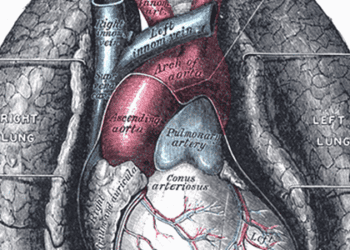“Sexting” associated with sexual risk among adolescents [Pediatrics]
Image: CC/Katerha
Key Study Points:
1. Sexting is associated with sexual activity, with a trend towards unprotected sexual activity.
2. Knowing other individuals who sext is a risk factor for personal sexting behavior.
Primer: Despite being highly publicized, there is no consensus on the health implications of the practice of “sexting,” defined as the cell phone exchange of sexually explicit text messages or images between adolescents. In this study, researchers investigated the association between sexting, peer beliefs, and risky sexual activity.
This [cross-sectional] study: 1,839 Los Angeles Unified School District high school students, 12-18 years old, participated in a supplemental survey to the CDC’s 2011 Youth Risk Behavior Survey.
The study sample identified mostly as Latino/Hispanic (72%), 14-17 years old (96%), and heterosexual (87%). 75% identified as cell phone owners, and 15% of these reported personal sexting experience. 54% responded affirmatively to knowing others who had sexted. Of the 41% identified as being previously or currently sexually active, 64% reported using a condom during their most recent sexual activity.
Older (OR=1.17; 95% CI: 1.02-1.33), African American (OR=2.75; 95% CI: 1.86-4.06), and LGBTQ (OR=2.74; 95% CI: 1.86-4.04) self-identifying students were more likely to engage in sexting. In addition, individuals who knew others who had sent or received explicit material were significantly more likely to sext as well (OR=16.87; 95% CI: 9.62-29.59). Individuals who had sexted were more likely to have been sexually active (OR=7.17; 95% CI: 5.01-10.25) with a trend towards abstaining from condom use (OR=1.41; 95% CI: 0.97-2.04).
In sum: Sexting is associated with sexual activity, with a trend towards unprotected sexual activity, and is more prevalent among those identifying as older, African American, or LGBTQ. The association between personal sexting activity and reportedly knowing an individual who has engaged in sexting behavior may exemplify adolescents’ view of sexting and risky sexual activity as “normative.”
Click to read the study in Pediatrics
By LHC and MP
© 2012 2minutemedicine.com. All rights reserved. No works may be reproduced without written consent from 2minutemedicine.com. DISCALIMER: Posts are not medical advice and are not intended as such. Please see a healthcare professional if you seek medical advice.




